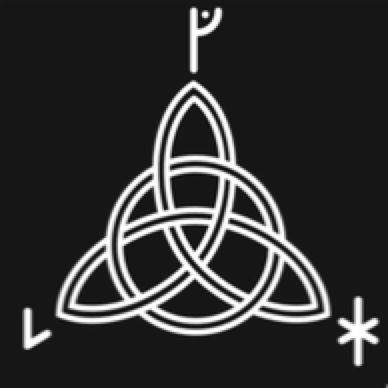Teaching Experience
List of current and past teaching experiences at FAU Erlangen-Nürnberg in the Bachelor’s and Master’s programme. This includes compulsory and specialised lectures as well as special teaching formats such as the study days in the research oriented study track. In addition lectures at Physics Schools are listed.
Compulsory lectures
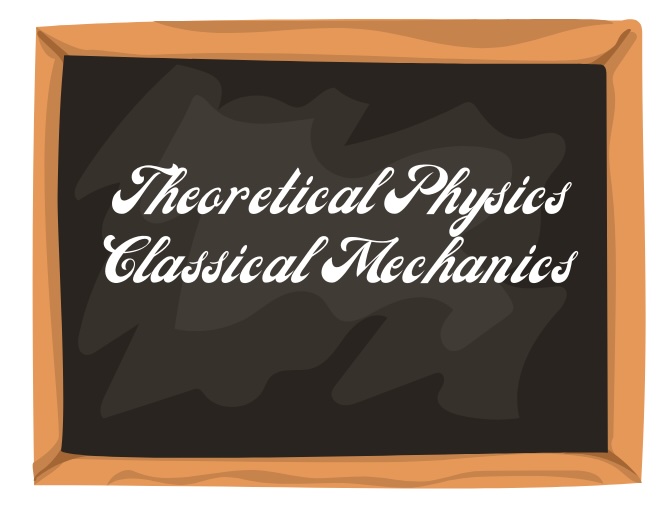
Theoretical Physics: Classical Mechanics
Bachelor, 4 hours per week and 3 hours tutorials
Starting from Newtonian physics the lecture introduces theoretical methods like the Lagrangian and Hamiltonian formulation for classical mechanics, Noether’s theorem and discusses applications in the context of one and N-particle systems.
This lecture was held in the summer terms of 2012, 2016, 2018 and 2023.
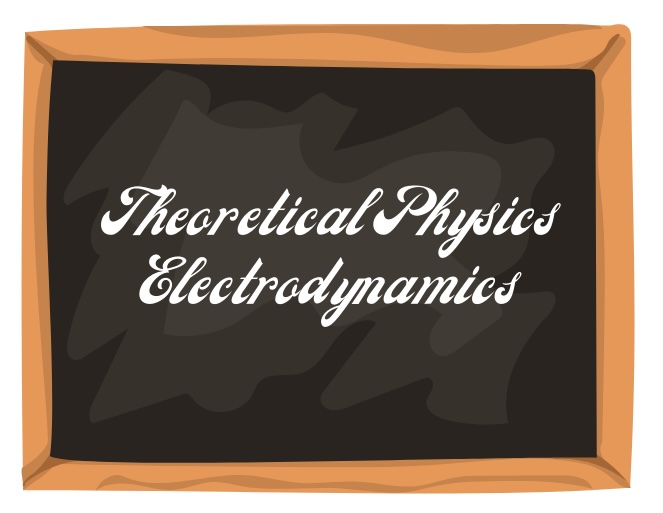
Theoretical Physics: Electrodynamics
Bachelor, 4 hours per week and 3 hours tutorials
The formulation of the Maxwell’s equations in the context of special relativity is discussed from electrostatics and magnetostatics to the complete formulation of the Maxwell’s equations. Methods to solve the Maxwell’s equations are introduced and several applications are discussed. In addition, the role of gauge transformation and gauge invariance ois emphasised in order to provide some basic knowledge for more advanced lectures.
This lecture was held in the winter term of 2013.

Theoretical Physics: Electrodynamics
Teacher training study programme, 2 hours per week and 2 hours tutorials
Maxwell’s equations are discussed in the context of special relativity. Methods to solve these equations as well as several examples in the context of electrostatics, magnetostatics and electrodynamics are presented. During the tutorials, there is a special focus on short presentations by students on specific topics in electrodynamics, which they explain to the other students.
This lecture was held in the winter terms of 2017 and 2018.
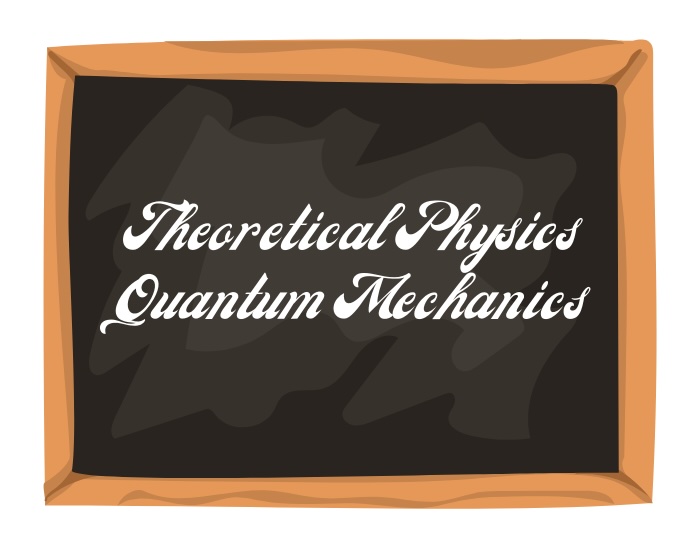
Theoretical Physics: Quantum Mechanics
Bachelor, 4 hours per week and 3 hours tutorials
After a brief introduction to Hilbert spaces and linear operators, the lecture takes the Hamiltonian formulation of classical mechanics as a starting point for canonical quantisation. The dynamics of quantum theory in the form of the Schrödinger and Heisenberg equations are discussed, along with several examples of solutions to the dynamics. In addition, the lecture introduces the method of perturbation theory and the concept of symmetries in quantum mechanics.
This lecture was held in the summer terms of 2013 and 2021.
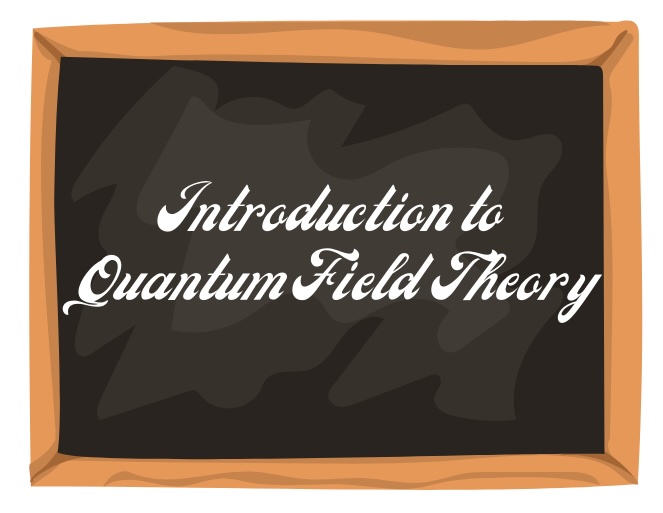
Advanced Quantum Mechanics: Introduction to Quantum Field Theory
Master, 4 hours per week and 3 hours tutorials
As a motivation for quantum field theory the generalization from non-relativistic to relativistic quantum mechanics is discussed and the issues that arise in this step that can be circumvented in a the context of a quantum field theory. The classical field theories of scalar, vector and spinor fields are introduced as well as the transformation under Poincare transformations. Next the corresponding Fock quantisation of these free field theories are presented. The interacting field theories are formulated using canonical quantisation and perturbation theory and as two examples φ4-theory as well as QED are discussed in detail. Feynman rules and diagrams are introduced and examples for the computations of scattering amplitudes are presented.
This lecture is held in the winter term of 2014, 2016, 2020, 2022 and 2024.
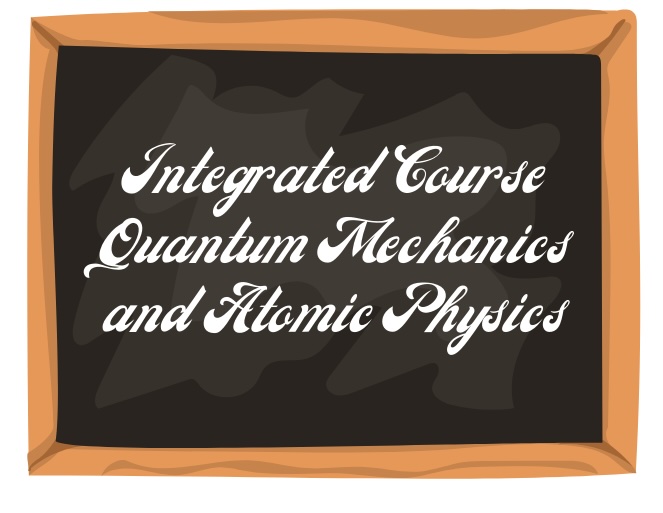
Integrated Course: Quantum Mechanics and Atomic Physics
Research oriented study track, 4 hours per week and 2.5 hours tutorials
This lecture is offered jointly by experimental physicists and theorists in the research-oriented branch of studies. It comprises 8 hours of lectures per week, four hours in experimental physics and four hours in theoretical physics. The theoretical part will be similar to the lecture ‘Theoretical Physics: Quantum Mechanics’, giving an introduction to the basic methods and concepts of quantum mechanics, with a stronger emphasis on the connection to the experimental part of the lecture. In addition, some additional examples and applications will be covered.
This lecture is held in the summer term of 2024.
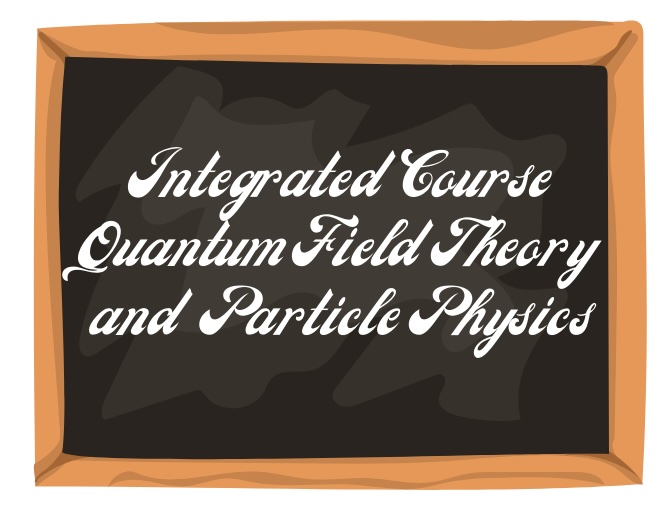
Integrated Course: Quantum Field Theory and Particle Physics
Research oriented study track, 4 hours per week and 2.5 hours tutorials
This lecture is offered jointly by experimental physicists and theorists in the research-oriented branch of studies. It comprises 8 hours of lectures per week, four hours in experimental physics and four hours in theoretical physics. The theoretical part will be similar to the lecture ‘Advanced Quantum Mechanics: Introduction to Quantum Field Theory’ and begins with relativistic quantum mechanics. A basic introduction to quantum field theory is given with the two main examples of the φ4 theory and QED, for which applications in scattering are discussed in the context of perturbation theory using Feynman rules. In addition, some basic properties of the weak and strong interactions are briefly presented.
This lecture is held in the summer term of 2020 and 2022.
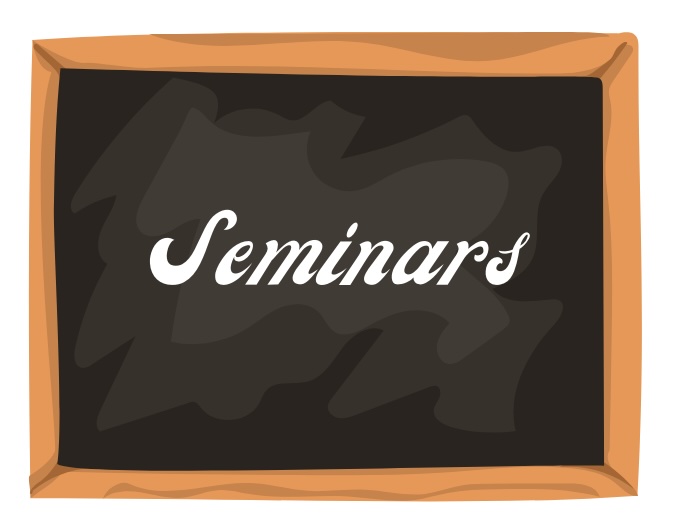
Seminars
Master and Bachelor, 2 hours per week
The seminars are jointly offered to bachelor’s and master’s students. Past seminars with the following topics were offered “Modern topics in Quantum Mechanics” and “Theoretical Cosmology” .
The seminars were held in the winter term of 2011 and 2017.
Specialised lectures
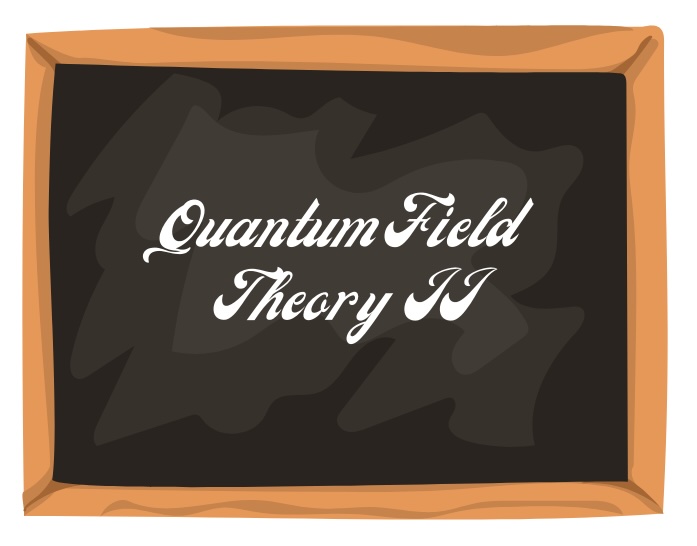
Quantum Field Theory II
Master, 4 hours per week and 3 hours tutorials
This lecture is a follow-up to the lecture ‘Introduction to Quantum Field Theory’ and covers advanced topics in quantum field theory with a focus on renormalisation.
This lecture is held in the summer term of 2017.
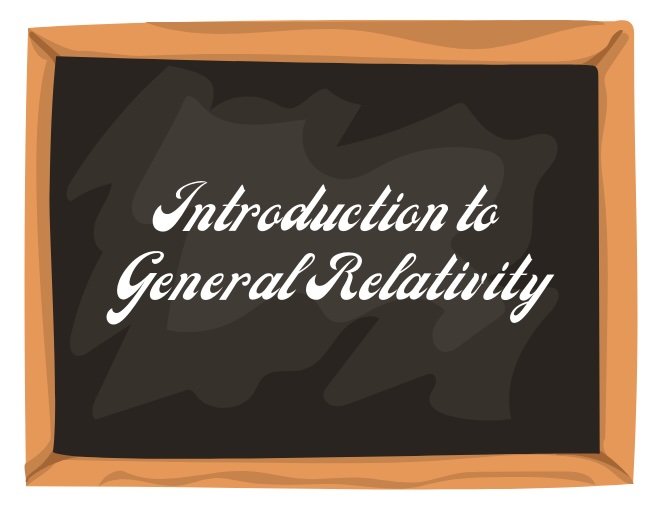
Introduction to General Relativity
Master, 4 hours per week and 3 hours tutorials
The lectures starts with a brief introduction to differential geometry and then discusses the formulation of Einstein’s equations in the Lagrangian formalism. Specials solutions and their physical implications are discussed in the context of cosmology and black holes.
This lecture is held in the winter term of 2012.
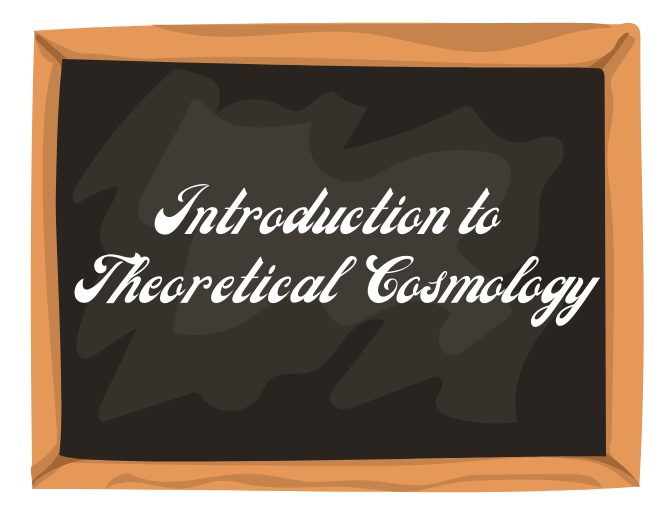
Introduction to Theoretical Cosmology
Master, 4 hours per week and 3 hours tutorials
The lecture starts with a brief introduction to general relativity and then focuses on cosmological spacetimes including inflation and its physical implications. Subsequently, the cosmological perturbation theory is presented and the construction of gauge-invariant quantities is discussed. The dynamical equations for some prominent linearised gauge-invariant quantities, such as the Bardeen potentials and the Mukhanov-Sasaki variable, are derived. Finally, the quantisation of the perturbations is discussed and how the primordial power spectrum can be derived from it. It is then briefly outlined how the CMB power spectrum can be obtained from a given primordial power spectrum.
This lecture is held in the winter term of 2015, 2018 and 2023.
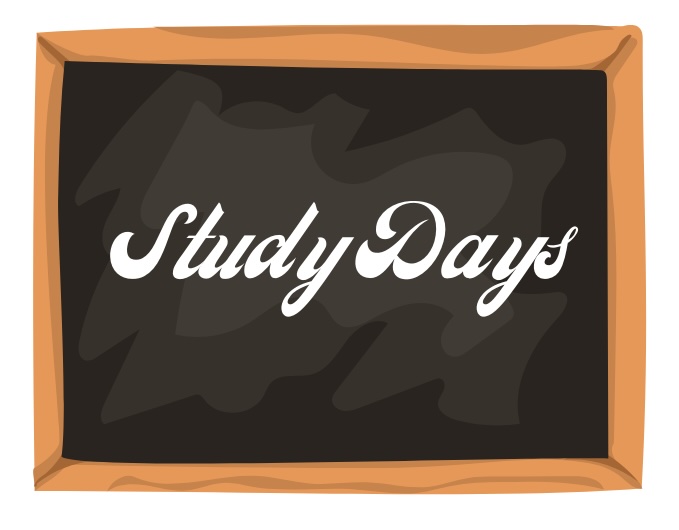
Study Days
Research oriented study track, compact course event
The study days of the research-oriented study track are offered jointly by the University of Regensburg (winter semester) and the FAU Erlangen-Nürnberg (summer semester). They are organised as a scientific conference at which all students enrolled in the study track come together and give talks on their research-oriented bachelor’s, master’s or PhD projects, followed by discussions after each talk. The study days usually include talks from all scientific fields represented in the physics departments of both universities.
The study days were organised in the summer terms of 2014, 2015, 2016, 2017, 2018, 2019, 2020, 2021, 2022, 2023 and 2024.
Compact Courses at Schools
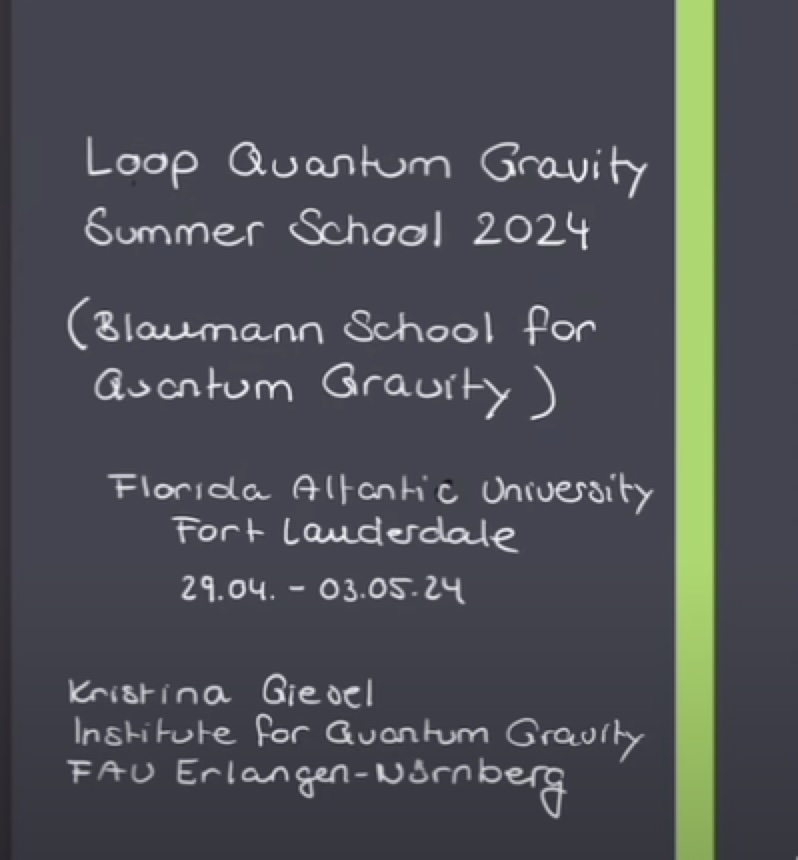
Blaumann School on Quantum Gravity
Florida Atlantic University, May 2024, 5 lectures on canonical loop quantum gravity
The primary objective of the Blauman school on quantum gravity was to provide students in the area of Quantum Gravity with an up-to-date introduction to the fundamentals of canonical and covariant Loop Quantum Gravity (LQG), quantum black holes, and cosmology, with an emphasis on the numerous novel results achieved within the field over the past years. Students at the end of the school are expected to be able to follow the research talks and actively participate in the Loops’24 conference in the second week.
The videos of the lectures are available on the CSTQ – Center for SpaceTime and the Quantum YouTube channel:
- Lecture 1: https://www.youtube.com/watch?v=968819rJ9BQ&list=PLwLvxaPjGHxRtPyAgeyN4j7I4wtc1zou4&index=1
- Lecture 2: https://www.youtube.com/watch?v=vfgfgxEh6D0&list=PLwLvxaPjGHxRtPyAgeyN4j7I4wtc1zou4&index=2
- Lecture 3: https://www.youtube.com/watch?v=p0kex8-9qhA&list=PLwLvxaPjGHxRtPyAgeyN4j7I4wtc1zou4&index=3
- Lecture 4: https://www.youtube.com/watch?v=jDtkoKh9La8&list=PLwLvxaPjGHxRtPyAgeyN4j7I4wtc1zou4&index=4
- Lecture 5: https://www.youtube.com/watch?v=LZJ8I7ZCVz8&list=PLwLvxaPjGHxRtPyAgeyN4j7I4wtc1zou4&index=5
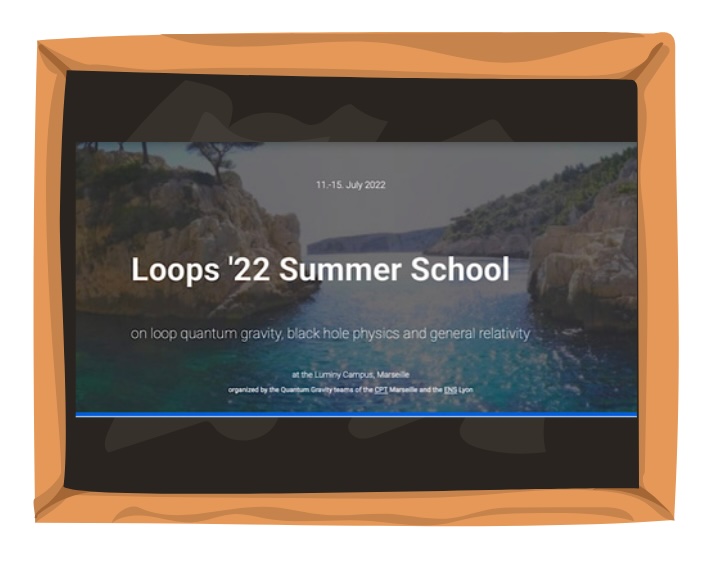
Loops ’22 Summer School
CPT Marseille and ENS Lyon, Luminy Campus, Marseille, July 2022, 2 lectures on canonical loop quantum gravity
The Loops ’22 Summer School covers the basics of Loop Quantum Gravity (LQG) and related topics, with pedagogical introductions to some of the current research directions. The lectures will introduce spin network states, the canonical and spin foam approaches to the quantum dynamics, applications to the early universe and black holes, quantum information techniques for quantum gravity, numerical methods and possible numerical lab experiments on quantum superposition of geometries.
The school aims to introduce these sparkling and vibrant research topics. It is open to both students and researchers with no a priori background in background independent quantum gravity, and to those who know already the basics and want to be brought up to date. The school is followed by the Loops ’22 conference on Loop Quantum Gravity at the ENS Lyon.
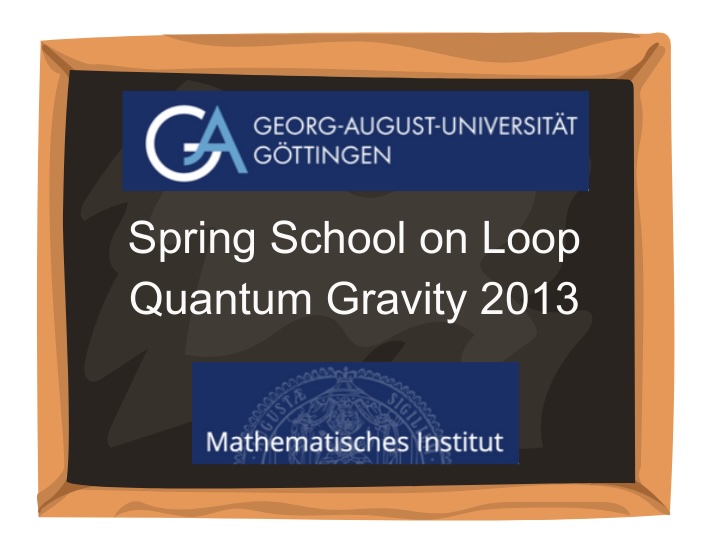
Spring School on Loop Quantum Gravity
Universität Göttingen, Mathematisches Institut, March 2013, 6 lectures + tutorials
The spring school on Loop Quantum Gravity was organised by the Mathematical Institute at the University of Göttingen and was held jointly by Hanno Sahlmann and Kristina Giesel. It included introductory lecture on the Hamiltonian formulation of general relativity and the canonical and covariant quantisation of general relativity in the frame work loop quantum gravity.
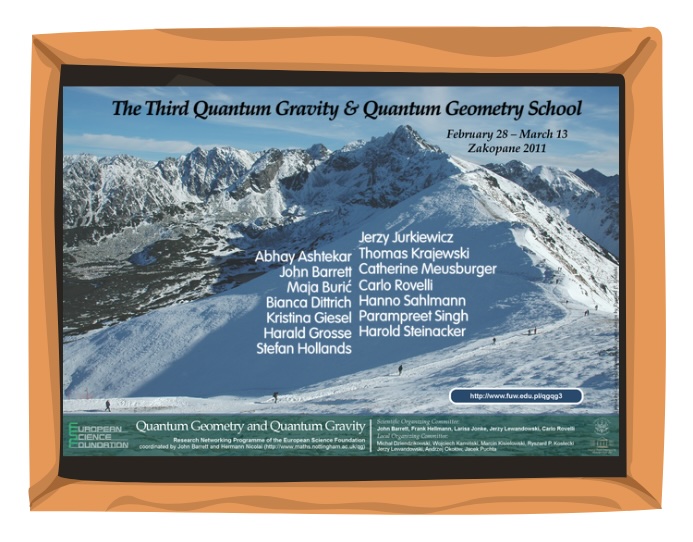
The 3rd Quantum Gravity and Quantum Geometry School
Zakopane, Poland, February 2013, 5 lectures on canonical loop quantum gravity
The 3rd Quantum Gravity and Quantum Geometry School purpose is to provide current PhD students, postdocs and other researchers with an up-to-date introduction to the main research topics of the network: loop quantum gravity, spin foam models, matrix models, and the application of non-commutative geometry and quantum groups to quantum gravity as well as more recent developments like group field theory. The emphasize will be on progress made during the four years of the ESF network program Quantum geometry and Quantum Gravity.
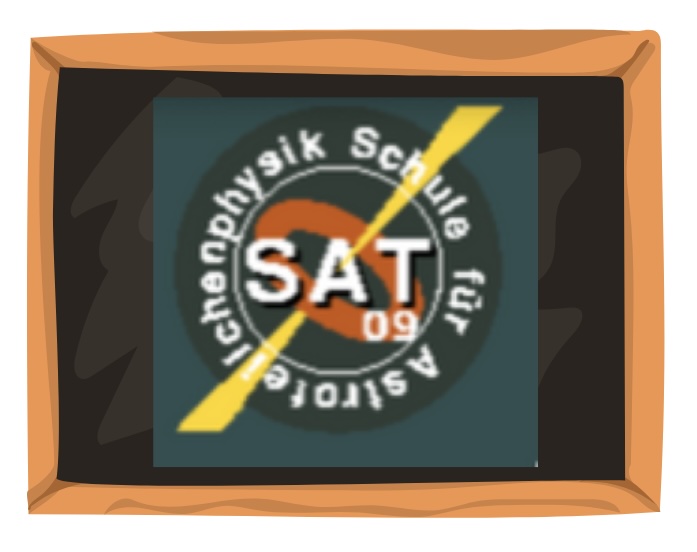
School for Astroparticlephysics 2009
Erlanger Center for Astroparticlephysics (ECAP), FAU Erlangen-Nürnberg, “Gasthof Drei Linden” in Obertrubach-Bärnfels, October 2009, 1 lecture on loop quantum gravity
ECAP organises the School for Astroparticle Physics since 2004. The School for Astroparticlephysics primarily addresses graduate and PhD students from all fields of experimental and theoretical astroparticle physics. The School offers the participants education in a wide range of topics from astrophysics, particle physics and cosmology, as well as in-depth coverage of topical developments in astroparticle physics. A further goal of the school is to stimulate contacts between participants and lecturers to strengthen long-term cooperation and synergy effects in the community of astroparticle physicists.
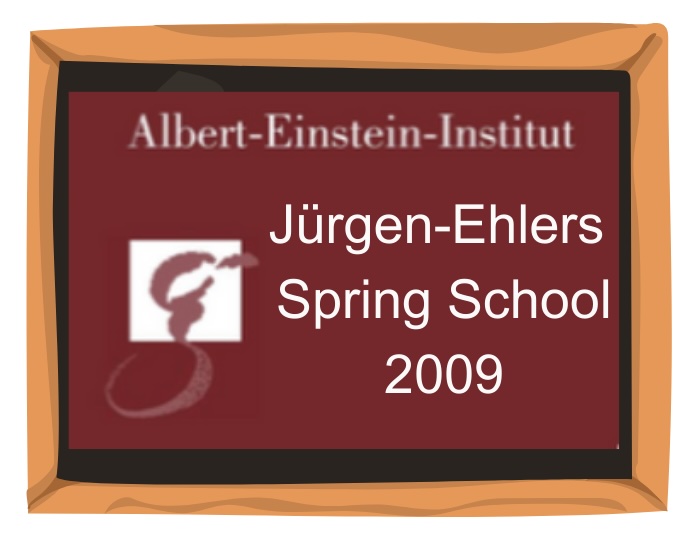
Jürgen-Ehlers School 2009
Albert-Einstein-Institut, MPI for Gravitational Physics, Postdam, March 2009, lectures on canonical formulation of general relativity and introduction to loop quantum gravity
Every year in March, the Max Planck Institute for Gravitational Physics, in collaboration with the University of Potsdam, offers a holiday course in gravitational physics aimed at students who have passed their intermediate diploma. In 2009, the summer school was renamed the Jürgen Ehlers Spring School in Gravitational Physics in honour of the founding director of the institute, Jürgen Ehlers, who passed away in 2008. The topics of the course were: i) Basic concepts of the theory of gravitation (Nikodem Szpak, Marcus Ansorg), ii) Canonical formulation of general relativity and introduction to loop quantum gravity (Kristina Giesel).
